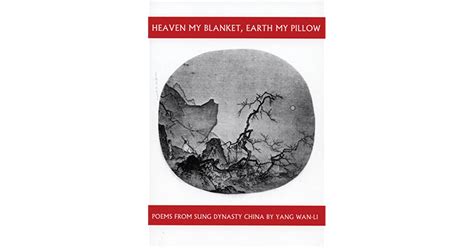A Quote by Ralph Waldo Emerson
For it is not metres, but a metre-making argument that makes a poem.
Related Quotes
A Concordance of Leaves is an epic poem of the indomitable yet fragile human spirit. Philip Metres brings Palestine and Palestinians into English with rare luminosity. One feels echoes of Oppen's succinct tenderness in the depiction of the numerous characters of this work. Without other, there is no self. And that other is the stranger who must be loved. Concordance is, after all, a wedding poem-leaves and pages in search of a certain passage toward harmony.
Professor Focke and his technicians standing below grew ever smaller as I continued to rise straight up, 50 metres, 75 metres, 100 metres. Then I gently began to throttle back and the speed of ascent dwindled till I was hovering motionless in midair. This was intoxicating! I thought of the lark, so light and small of wing, hovering over the summer fields. Now man had wrested from him his lovely secret.






































